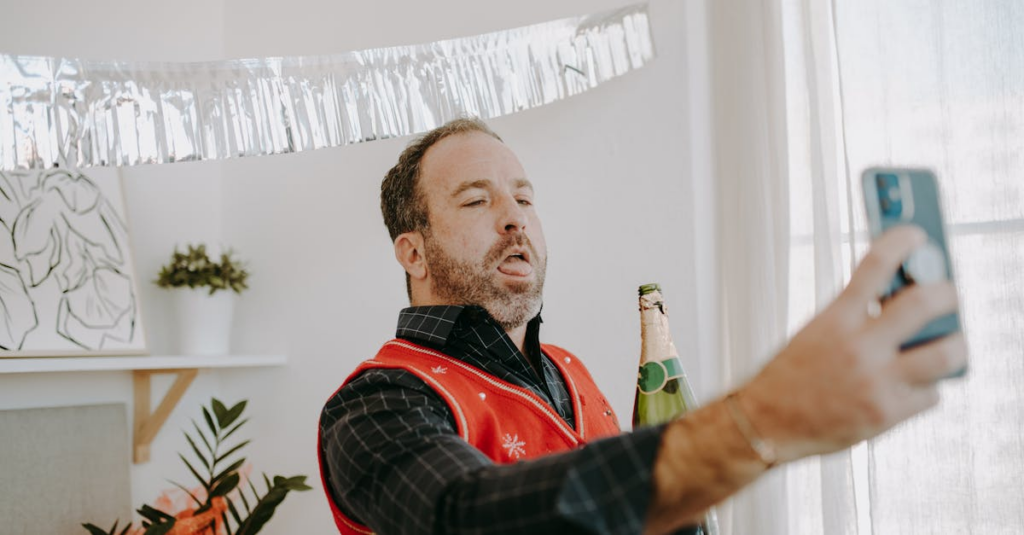Did you know that curator is a Latin word meaning guardian or overseer? Very few individuals realize that but it is apt given that a curator is the guardian of all of the works and pieces in every offered museum. The individual taking the part of curator may be the one individual in a museum that has tangible responsibility for every thing within it. Big museums may have more than one curator, whereas a smaller museum may just get one, but it is the extra weight associated with museum that rests on that person’s shoulders.The role of a curator mostly is determined by how large or tiny the organization under consideration is. In a few smaller organizations, the curator will oversee everything, from procuring the items into the specific collections with their care and documentation. He/she may also formulate plans for the upcoming collections and complete research about existing and future tourist attractions, in addition to supplying the outcomes for the individual communities to look at and make use of inside their daily training. This could choose regular schools right through to universities and other comparable educational places of research and research. In the event that museum itself is extremely little then your chance is that the curator would be the only member of staff, unless it really is a voluntary organization, in which particular case a few volunteers could keep him or her business several times per week.However, in the bigger museums, there is certainly apt to be a few curators, each overseeing a section by which their specialist genre is housed. All art professionals and specialists possess some kind of specialism and will base their work within that genre as a result. That’s where their larger knowledgebase and their passion lies and so that’s where they truly are most at home. Although every curator can perform his or her task efficiently there will a head curator within the larger museums to make sure that each and every one of these is being as effective an efficient as you are able to. Although every one may oversee African American art, Ancient Egyptian art or Asian art, as an example, its doubtful which they would actually manage the paintings, sketches, sculptures and models under them because there are some other individuals employed to administer care for the art. Operations managers and conservators would alternatively handle upkeep and repairs, and a central office encompassing a few registrars and other administration staff frequently handles the administration.However, there clearly was an alternative concept of the curator bandied about now that is no less apt and no less helpful in terms of this works of art exhibited. In contemporary art, a curator will be in charge of organising and hosting an exhibition. She or he would have to pick a theme in order to find a venue before his / her work even began. The labels is compiled by this curator, he or she also compiles the essays, and then there is certainly the advertising, content, invites, sponsors and business to prepare, and that is all prior to the day the event opens. From conception to close, the modern art curator is entirely responsible for every thing even remotely pertaining to the event. Nevertheless, this part has offered art a new dimension since it gives smaller museums and non-profit companies the opportunity to ask visitor curators to take part and this once again can expand the scope for the exhibition no end!Every curator will at the very least hold a diploma, often to at least Masters or Doctorate degree. The former is usually sufficient for a smaller museum nevertheless the larger museums do require the second as a matter of course. But, it doesn’t matter what qualifications a curator has if they is not passionate about their work. The work part are a nightmare for those that just like art. If you love it and have the necessary passion then it is almost certainly the task for you!

AI Powered Advisory: Why Reducing Client Friction Is the Future of Small Business Finance
Small business advisors are facing a new reality.Clients expect answers faster.They want clarity without confusion.They want financial conversations that feel simple, direct, and useful. The








